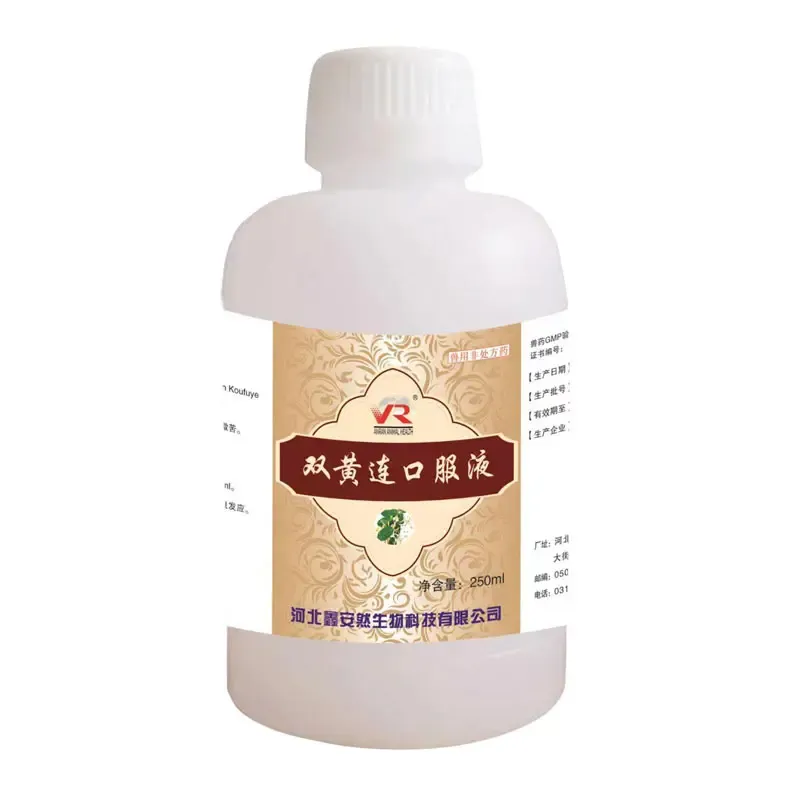- Afrikaans
- Albanian
- Amharic
- Arabic
- Armenian
- Azerbaijani
- Basque
- Belarusian
- Bengali
- Bosnian
- Bulgarian
- Catalan
- Cebuano
- Corsican
- Croatian
- Czech
- Danish
- Dutch
- English
- Esperanto
- Estonian
- Finnish
- French
- Frisian
- Galician
- Georgian
- German
- Greek
- Gujarati
- Haitian Creole
- hausa
- hawaiian
- Hebrew
- Hindi
- Miao
- Hungarian
- Icelandic
- igbo
- Indonesian
- irish
- Italian
- Japanese
- Javanese
- Kannada
- kazakh
- Khmer
- Rwandese
- Korean
- Kurdish
- Kyrgyz
- Lao
- Latin
- Latvian
- Lithuanian
- Luxembourgish
- Macedonian
- Malgashi
- Malay
- Malayalam
- Maltese
- Maori
- Marathi
- Mongolian
- Myanmar
- Nepali
- Norwegian
- Norwegian
- Occitan
- Pashto
- Persian
- Polish
- Portuguese
- Punjabi
- Romanian
- Russian
- Samoan
- Scottish Gaelic
- Serbian
- Sesotho
- Shona
- Sindhi
- Sinhala
- Slovak
- Slovenian
- Somali
- Spanish
- Sundanese
- Swahili
- Swedish
- Tagalog
- Tajik
- Tamil
- Tatar
- Telugu
- Thai
- Turkish
- Turkmen
- Ukrainian
- Urdu
- Uighur
- Uzbek
- Vietnamese
- Welsh
- Bantu
- Yiddish
- Yoruba
- Zulu
Dec . 18, 2024 11:17 Back to list
gentamicin sulfate is used for
Gentamicin Sulfate An Overview and Its Uses in Medicine
Gentamicin sulfate is an antibiotic that belongs to the aminoglycoside class of medications, which are known for their efficacy against various bacterial infections. It is derived from the bacterium Micromonospora purpurea and is primarily used to treat serious infections caused by gram-negative bacteria. This article provides an overview of gentamicin sulfate, including its mechanism of action, therapeutic uses, side effects, and considerations for use.
Mechanism of Action
Gentamicin sulfate works by inhibiting bacterial protein synthesis, which is essential for the growth and reproduction of bacteria. It accomplishes this by binding to the 30S ribosomal subunit of the bacterial ribosome, leading to the misreading of mRNA. This disruption in protein synthesis results in the death of the bacterial cell, making it effective against a broad range of pathogenic bacteria. Gentamicin is particularly potent against aerobic gram-negative organisms, including Escherichia coli, Pseudomonas aeruginosa, and Klebsiella species.
Therapeutic Uses
Gentamicin sulfate is utilized in various clinical scenarios, where its effectiveness can be life-saving. Some of the primary uses of gentamicin include
1. Sepsis Gentamicin is often part of the empirical treatment for sepsis, especially when it is suspected to be caused by gram-negative bacteria. In combination with other antibiotics, it can provide broad-spectrum coverage.
2. Urinary Tract Infections (UTIs) Gentamicin is employed in treating complicated UTIs, particularly those caused by antibiotic-resistant bacteria.
4. Osteomyelitis Gentamicin can be used as part of the treatment regimen for bone infections, especially when caused by resistant gram-negative organisms.
gentamicin sulfate is used for

5. Topical Use Gentamicin sulfate can also be found in topical formulations used to treat skin infections and to prevent contamination in surgical wounds.
Administration and Dosage
Gentamicin is available in various forms, including injectable solutions, creams, and eye drops. The route of administration depends on the type of infection being treated. For systemic infections, gentamicin is typically administered intravenously or intramuscularly. The dosage must be carefully calculated based on the patient's body weight, renal function, and the severity of the infection to maximize effectiveness while minimizing the risk of toxicity.
Side Effects and Precautions
While gentamicin sulfate is an effective antibiotic, it is not without potential side effects. The most concerning side effects associated with its use are nephrotoxicity (kidney damage) and ototoxicity (hearing damage). These side effects necessitate careful monitoring of kidney function, especially in patients with preexisting renal impairment or those receiving prolonged therapy.
Other potential side effects include
- Allergic reactions - Gastrointestinal disturbances - Neuromuscular blockade
Due to these risks, gentamicin should be used with caution, and healthcare providers must weigh the benefits against the potential for adverse effects. It is crucial to follow dosing guidelines and monitor serum drug levels to ensure therapeutic efficacy while minimizing risks.
Conclusion
Gentamicin sulfate remains a vital tool in the antibiotic arsenal against serious bacterial infections, particularly those caused by gram-negative bacteria. Its effectiveness, however, is tempered by the potential for significant side effects, necessitating careful consideration and monitoring during treatment. As bacterial resistance continues to evolve, the proper use of gentamicin sulfate—alongside other antibiotics—will be essential in managing infections and improving patient outcomes. Thus, ongoing education and research into its use remain crucial for healthcare professionals involved in antimicrobial therapy.
-
Guide to Oxytetracycline Injection
NewsMar.27,2025
-
Guide to Colistin Sulphate
NewsMar.27,2025
-
Gentamicin Sulfate: Uses, Price, And Key Information
NewsMar.27,2025
-
Enrofloxacin Injection: Uses, Price, And Supplier Information
NewsMar.27,2025
-
Dexamethasone Sodium Phosphate Injection: Uses, Price, And Key Information
NewsMar.27,2025
-
Albendazole Tablet: Uses, Dosage, Cost, And Key Information
NewsMar.27,2025













